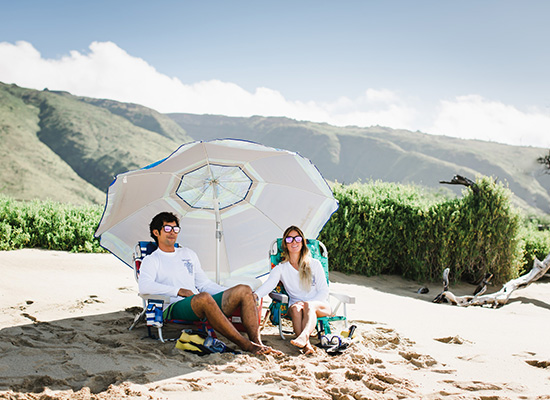June 28, 2021
The AirDNA Market Review for April 2021 reports that the US short-term rental industry has recovered demands above 2019 levels, an increase of 66.4% compared to 2020 and 5.4% above 2019. Of the 265 US markets tracked, demand exceeded 2019 levels in 201 of these markets, with urban markets slower to rebound. After a year of cancelations and empty calendars, and with global demand still 30% lower than 2019 levels, this is the positive news the US short-term rental industry has been waiting for.
April was the first month since the start of the pandemic in March 2020 that US short-term rental demand exceeded performance levels from 2019 and this looks set to continue. Industry experts are predicting the best summer on record for short-term rentals in the US!
Demand growth remains strongest in mountain, beach, and rural destinations with many markets now already sold out for summer. The greatest month-over-month increases were in Pigeon Forge and Gatlinburg, Gulf Shores and Mobile, and Myrtle Beach. As of May, June had more demand booked than 2019 with Panama City, Santa Rosa, Rosemary Beach, and Hilton Head all more than 80% occupied for June, and an additional seven vacation markets seeing occupancy levels above 75%.
Along with the increase in demand, we’re seeing an increase in average daily rates, occupancy levels, and RevPAR. Compared to 2019, average daily rates are 20.8% higher with occupancy levels and RevPAR up 13.6% and 37.3% respectively.
The vacation rental industry started to bounce back in July 2020 and changing travel trends began to emerge. Industry experts tracking the rebound noticed a change in where, how, and when travelers were taking their vacations.
While occupancy traditionally falls in April after the spring-break rush, the report shows a 60.9% occupancy level in March climbing to 61.6% in April. The lines between travel, working, and living have been blurred as remote work continues to trend and travelers have the flexibility to travel in and out of season. Of all Airbnb searches in the month of April, 40% of travelers were flexible on dates, location, or both.
Record-High Demand & Low Inventory
How do property managers and booking platforms keep up with this escalated interest and unprecedented demand for short-term rentals, vacation homes, cabins, and condos?
Summer bookings started earlier this year and booking platforms such as Vrbo and Airbnb are under continued pressure to increase their supply. The supply of Airbnb and Vrbo combined reached pre-pandemic highs in April with 1.5 million available vacation rentals, destination and resort markets have increased their listing count by 12% and rural areas have increased supply by 34%. Major cities and urban areas are slower to recover with New York, Boston, and Los Angeles losing more than 25% of their short-term rental listings.
“Up until this point, the demand recovery has mainly been limited to destination/resort and small city/rural areas. The easing of the mask mandate and relaxing of social distancing requirement should allow more attractions that draw guest to major cities like museums, sporting events and restaurants to reopen to full capacity. That, in turn, may encourage people to return to the cities for both business and leisure travel” says AirDNA vice president of research Jamie Lane.
The new work-life balance has created more trends that affect the supply of available vacation rentals. The pandemic brought on an urban exodus from populated cities to smaller towns and quieter suburbs. With remote working now the norm, homeowners took up residence in their second homes (removing them from the STR market) and although real-estate sales surged in these quieter destinations, these properties are no longer reaching the short-term rental pool.
Vaccinations are Driving Demand
A recent Tripadvisor study reveals that the rollout of the COVID-19 vaccine is driving the demand for summer vacations and is key to the rebound and long-term recovery of the travel industry. Vaccinated travelers are leading the way, staying longer, spending more, and accelerating tourism recovery. A third of vaccinated travelers said they had already booked a domestic vacation with 80% stating the vaccine as their deciding factor, 32% more confident in a city getaway, and 35% planning a city vacation. With all the talk of rural destinations, remote mountains, and sandy beaches, we’re looking forward to the rebound of urban tourism.



